Top Ten Performances of 2017
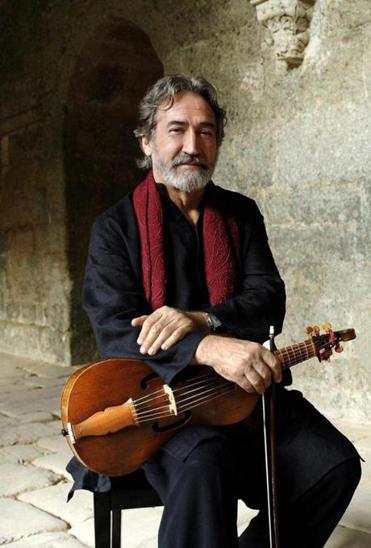
1. Jordi Savall and Friends, Library of Congress.
The tour of Jordi Savall’s epic concert program “The Millenarian Venice: Gateway to the East” made an unforgettable stop in Washington. It brought together a vast expanse of musical styles known in La Serenissima, performed by folk musicians, vocal soloists from La Capella Reial de Catalunya, early music instrumentalists from Hespèrion XXI and Le Concert des Nations, and a Byzantine chant choir from Constantinople. The encore, a multi-work prayer for peace, still reverberates as a much-needed wish for the New Year.
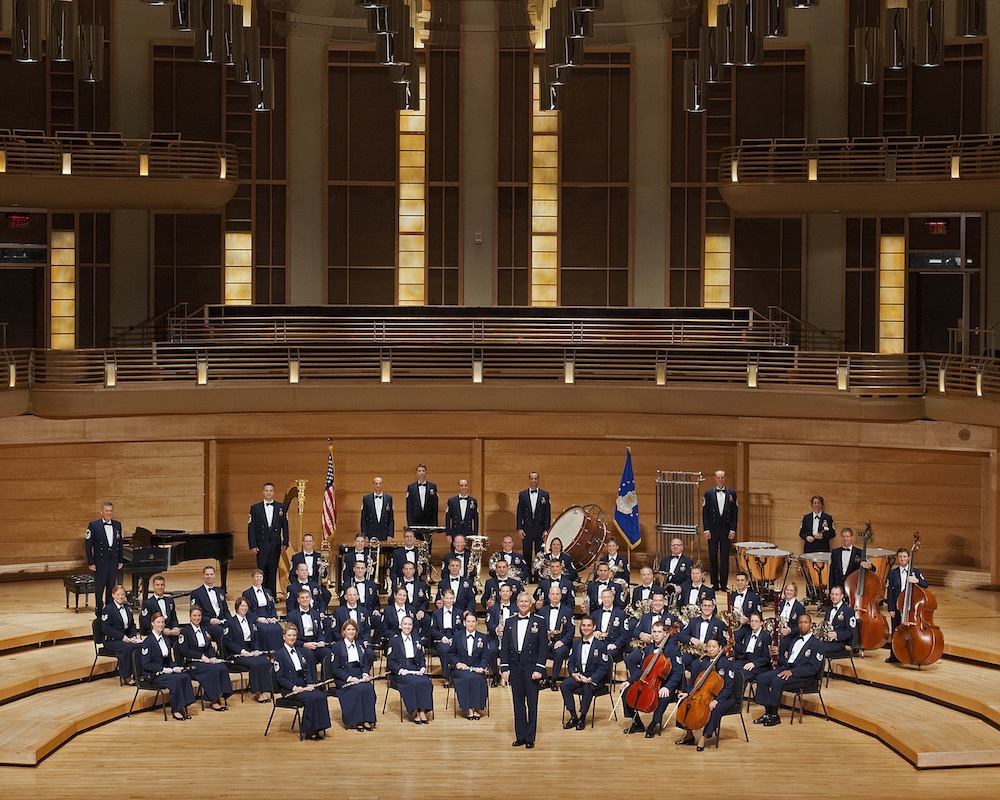
2. U.S. Air Force Band and David Robertson: Messiaen, Des canyons aux étoiles…
The most quixotic concert offered by Washington Performing Arts this past year was one of its greatest successes. David Robertson conducted an all-star rendition of Des canyons aux étoiles…, Olivier Messiaen’s response to the desert canyons of Utah. This panoply of synesthetic colors, dissonant bird calls, and cosmic voices featured members of the United States Air Force Band and pianist Peter Henderson. A specially commissioned film of moving and still images, created by photographer Deborah O’Grady in the national parks visited by Messiaen, was matched to the composer’s indications of place in the musical score.

Photo: Louis Forget
3. Thomas Dunford, Jean Rondeau. Opera Lafayette celebrate Monteverdi
This delightful concert was the first time that a guest music director has led Opera Lafayette. Lutenist Thomas Dunford, in collaboration with guest harpsichordist Jean Rondeau, brought together a continuo section also made up completely of guest musicians. The selection of music by Claudio Monteverdi, whose 450th birthday was celebrated this year, featured a strong vocal consort, most notably Lea Desandre and Liv Redpath (above).
4. Martha Argerich, Orchestra dell’Academia Nazionale di Santa Cecilia.
The hottest ticket of the year was likely this concert, featuring a rare Washington appearance by Martha Argerich, a pianist as legendary as she is shy of the spotlight. Now 76, Argerich vivisected Prokofiev’s Piano Concerto No. 3, revealing its still-beating heart. Antonio Pappano also conducted the Orchestra dell’Academia Nazionale di Santa Cecilia in music of Verdi and Respighi, but this was the Martha Argerich show. Her encore, a four-hands duet of Ravel with Pappano as secondo, has hopefully inspired some clever concert presenter to bring her back to Washington in a piano duet program.
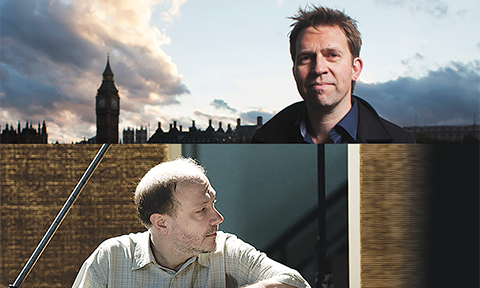
5. Leif Ove Andsnes and Marc-André Hamelin.
Speaking of music for two pianos, Washington Performing Arts also presented a duet program by two superstar pianists, Leif Ove Andsnes and Marc-André Hamelin. Facing one another at twin Steinways, Andsnes and Hamelin created something greater than their individual contributions. In a program featuring less explored corners of the piano duo repertory, the best-known piece, Stravinsky’s arrangement of his Rite of Spring, was percussive, explosive, almost manic in their hands.

6. Christopher Bell, Washington Chorus. Walton’s Belshazzar’s Feast.
Known for his work at the Grant Park Music Festival in Chicago, Christopher Bell officially took up his new post with the Washington Chorus this fall. As he showed in a daring, incendiary rendition of William Walton’s Belshazzar’s Feast, not performed by this ensemble in over a decade, Bell is shaking up this large choral ensemble, with an incisive style at the podium. Aidan Stanton-Brand, an 11-year-old boy treble from the area, had a memorable turn in Bernstein’s Chichester Psalms.
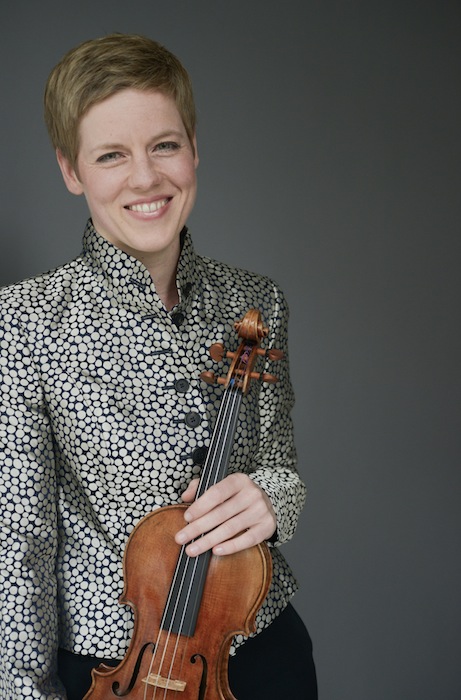
Photo: Detlev Schneider
7. Isabelle Faust, Phillips Collection
Early in the year German violinist Isabelle Faust gave an inestimable performance of three of Bach’s pieces for solo violin. With nothing but her “Sleeping Beauty” Stradivarius, made in 1704, she created an oasis of calm and beauty in these pieces that Gidon Kremer has called the “Bible of music.” When the great “Chaconne” of Partita No. 2 came to an end, the audience sat spellbound for what seemed like thirty seconds of silence. Not because she held her arms up, as some conductors do to try to enforce a long period of silence, but because we did not want it to end.
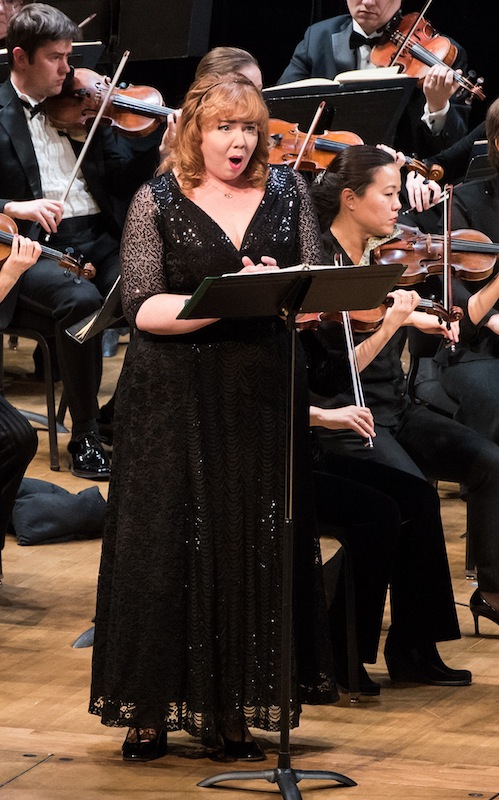
Photo: Don Lassell
8. Washington Concert Opera. Beethoven’s Leonore
Antony Walker gave the first Washington performance of Beethoven’s original 1805 version of his only opera, Leonore, with Washington Concert Opera. Featuring a stellar cast, including Marjorie Owens (above) and the long-awaited return of soprano Celena Shafer, Walker made clear that Beethoven had jettisoned some wonderful music in shortening the opera from three acts to just two. The ideal rendition of the opera would reinstate much of it, while keeping some of the superior parts the composer wrote for the revision.
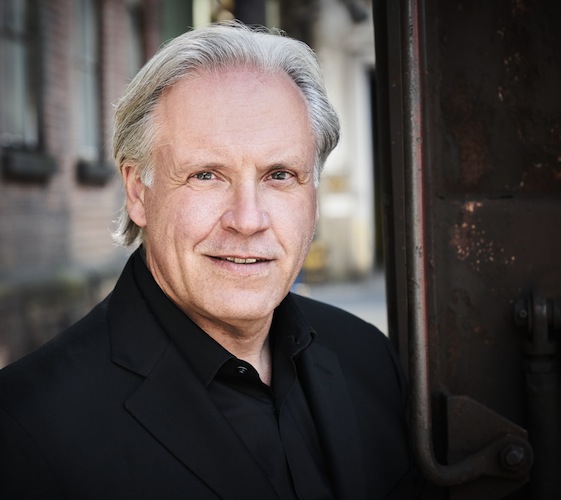
Photo: Kaupo Kikkas
9. Markus Stenz, Baltimore Symphony Orchestra in Gaelic-themed program
One of the best things that has happened at the Baltimore Symphony Orchestra in recent years was Markus Stenz coming aboard as principal guest conductor. In the best of his concerts this past year, Stenz conducted two popular pieces with surprises around every corner, and the musicians, including concertmaster Jonathan Carney in the solo part of Bruch’s Scottish Fantasy, responded with aplomb. Baritone Stephen Powell sang as Amfortas in extended excerpts from Wagner’s Parsifal, and even with the chorus and the title character himself excised, the conclusion of this opera was exalted in Stenz’s hands.

Photo: Ben Schill
10. Virginia Opera. Carl Maria von Weber’s Der Freischütz
Virginia Opera has been questing at the edges of the standard repertory quite a bit in recent years. They hit the target with a rare production of Carl Maria von Weber’s ghost story Der Freischütz. A strong pair of singers at the top of the cast, tenor Corey Bix and soprano Kara Shay Thomson, strong podium leadership from the company’s young principal conductor, Adam Turner, and Stephen Lawless’s production shifted to 19th-century America made a great combination.
Honorable Mentions
As usual a number of other performances just missed the Top Ten by a hair, and a few deserve special notice. The chamber choir called The Crossing was outstanding in a concert of contemporary music at the National Gallery of Art. Whirling dervish Yuja Wang was dazzling in Prokofiev’s grueling Piano Concerto No. 5 and encores with the NSO.
The Sistine Chapel Choir, visiting Washington for the first time in thirty years, astounded with their all-male rendition of Allegri’s Miserere, including its famous high C. For Washington’s dance lovers, the Julie Kent Era has begun at Washington Ballet, and her classic Giselle, featuring EunWon Lee, the lovely Korean dancer who came to Washington expressly to work with Kent, was a sign of great things to come.
Best New Work
It was a very good year for Baltimore’s favorite son, composer Christopher Rouse, with strong new works featured by both the Baltimore Symphony Orchestra (the spine-tingling Berceuse Infinie) and the National Symphony Orchestra (the inventive Organ Concerto, as well as the older Trombone Concerto).
Worst New Work
Washington National Opera took this category, hands down, with Mohammed Fairouz’s The Dictator’s Wife, a low point in the company’s daring American Opera Initiative.
Best New Addition
Gianandrea Noseda, successor of Christoph Eschenbach as music director of the National Symphony Orchestra, has arrived. The musicians seem energized, and the programming and the playing have been exciting.
Worst Loss
Washington National Opera made an ill-advised surprise move over the summer, announcing it would not renew the contract of its greatest musical asset, music director Philippe Auguin.
Most Disappointing Trend
The Kennedy Center has been expanding its pop cultural offerings, ironically timed as it celebrates the 100th centenary of its namesake, President John F. Kennedy. Broadway, hip-hop, rap, and pop music are commercially successful art forms that do not need the patronage of the institution intended to be devoted to classical music, opera, ballet, and theater.
Year of Reckoning
The issue of sexual abuse by men in positions of power came to the forefront of American consciousness in 2017, as condemnation finally reached once seemingly untouchable quarters in government, the media, and the entertainment industry. The wave of disgrace eventually rolled over the classical music world just this month when the Metropolitan Opera and several other classical music organizations cut all ties with conductor James Levine.
As has been widely reported now, a series of men alleged that Levine had sexually abused them repeatedly when they were minors, accusations Levine continues to deny. Some devoted fans continue to support Levine and to think that the nobility of the music he conducted somehow makes such crimes impossible. If we read the zeitgeist correctly, there will be many more of these stories from the world of classical music in the year to come.
Lux aeterna luceat eis
In 2017 we bid farewell to composers Veljo Tormis, Pierre Henry, and Luis Bacalov; conductors Georges Prêtre, Stanisław Skrowaczewski, Jiří Bělohlávek, and Jeffrey Tate; harpsichordist Zuzana Růžičková; tenor Nicolai Gedda, soprano Roberta Peters, bass Kurt Moll, mezzo-soprano Kristine Jepson, baritone Dmitri Hvorostovsky, and soprano Carol Neblett; as well as Mahler expert Henry-Louis de La Grange and opera scholar Philip Gossett.
Among distinguished local luminaries, Washingtonians mourned long-serving NSO principal clarinetist Loren Kitt and D.C. Poet Laureate (seemingly for life) and literary activist Dolores Kendrick.
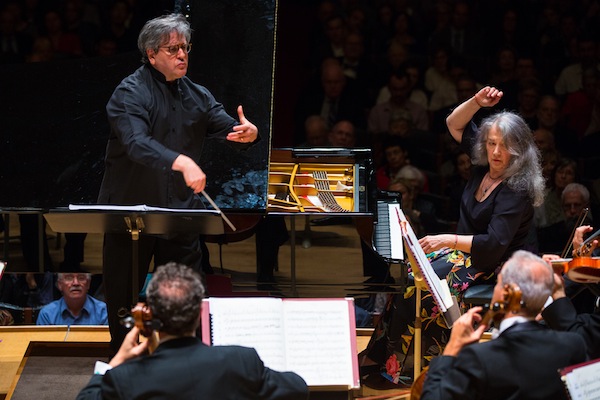

Posted Dec 22, 2017 at 11:29 am by Laura Youens
What a great summary of the classical music year!